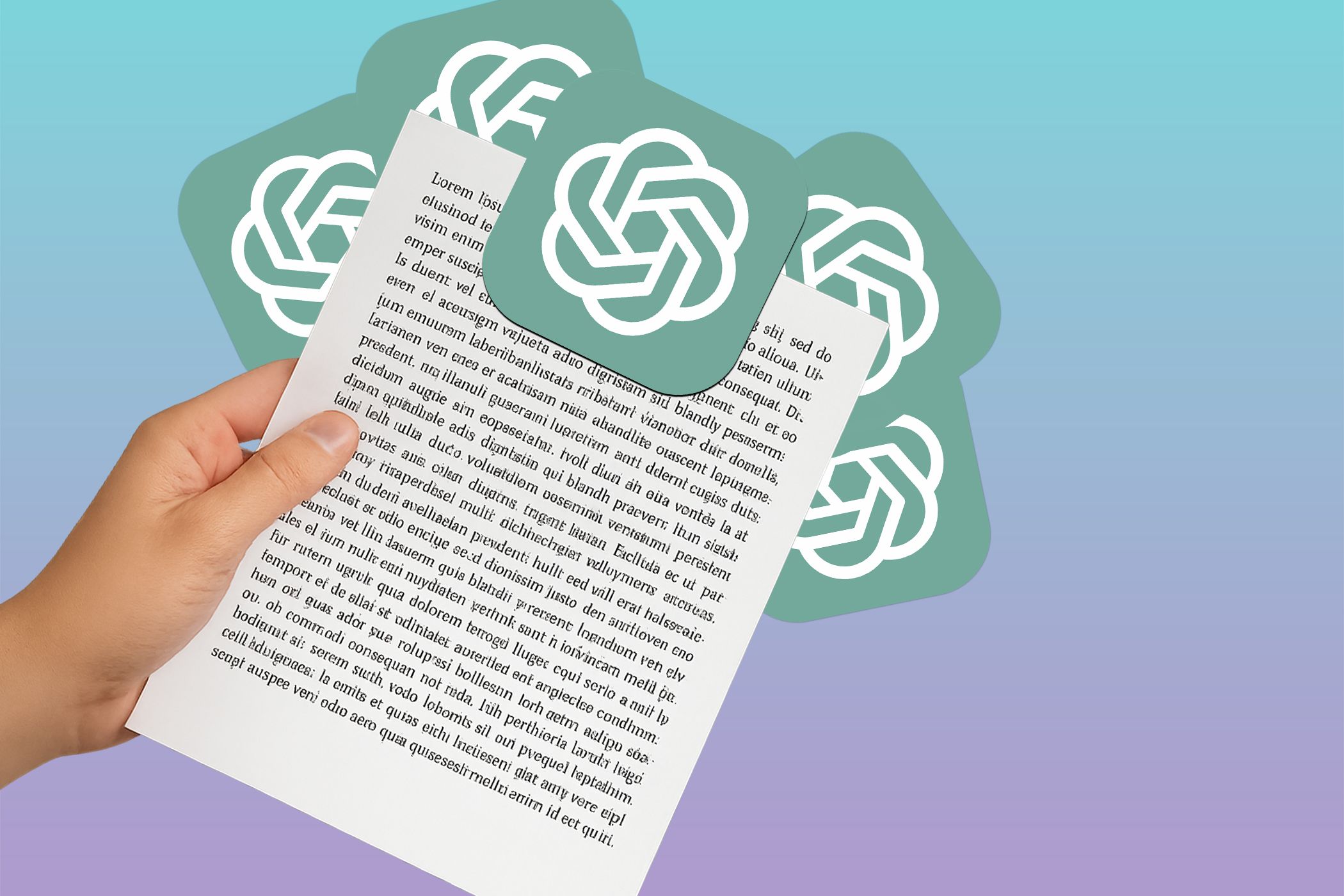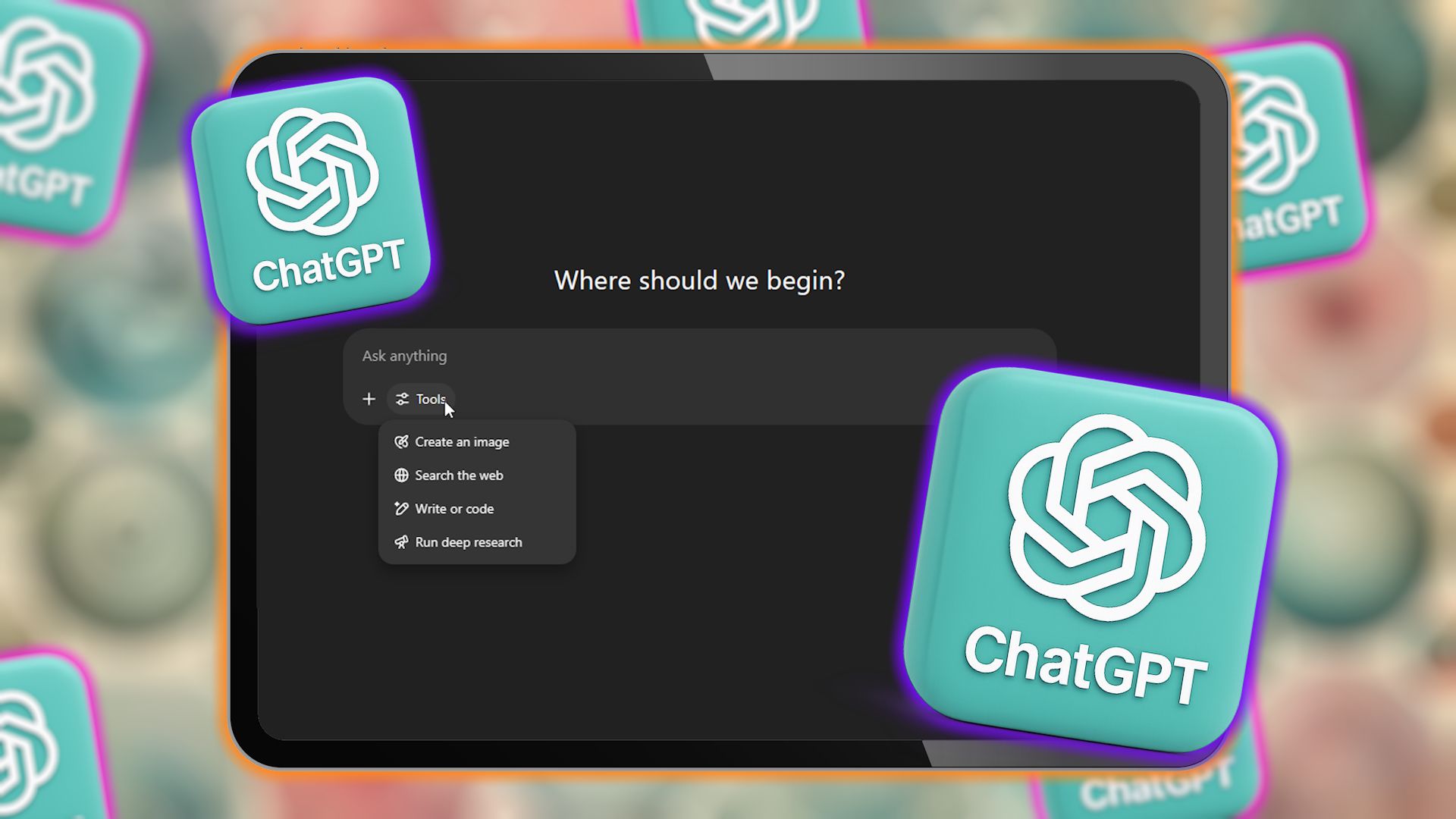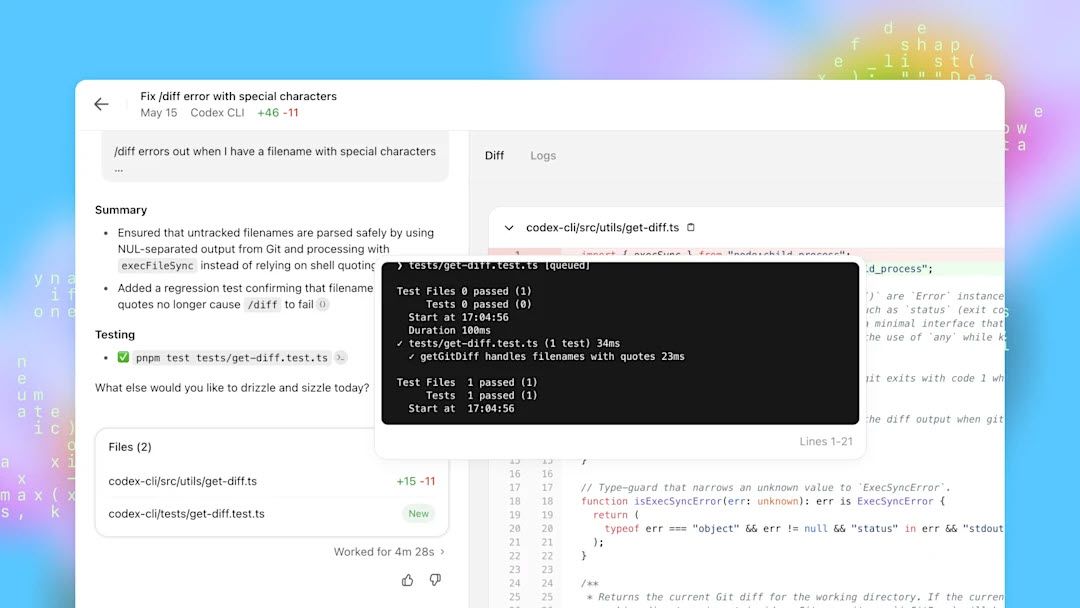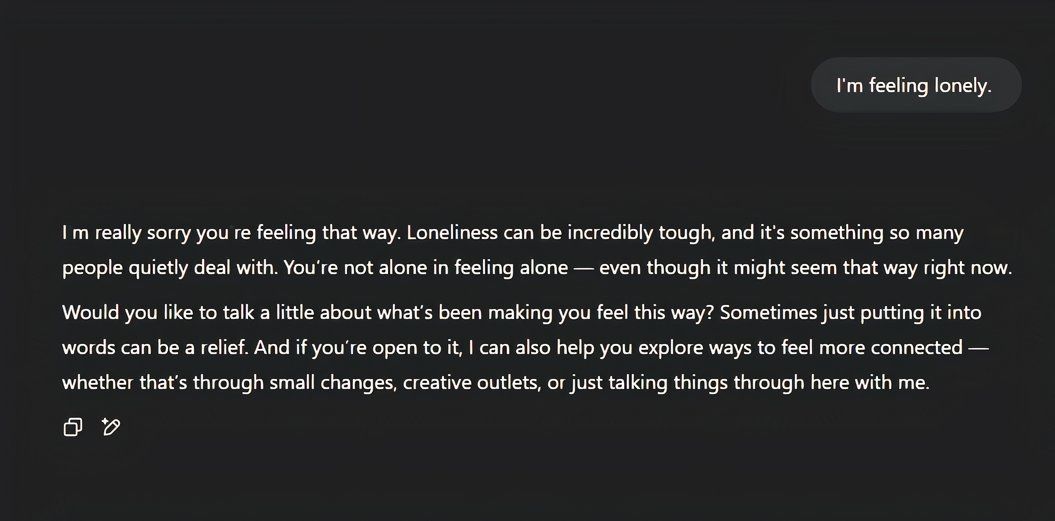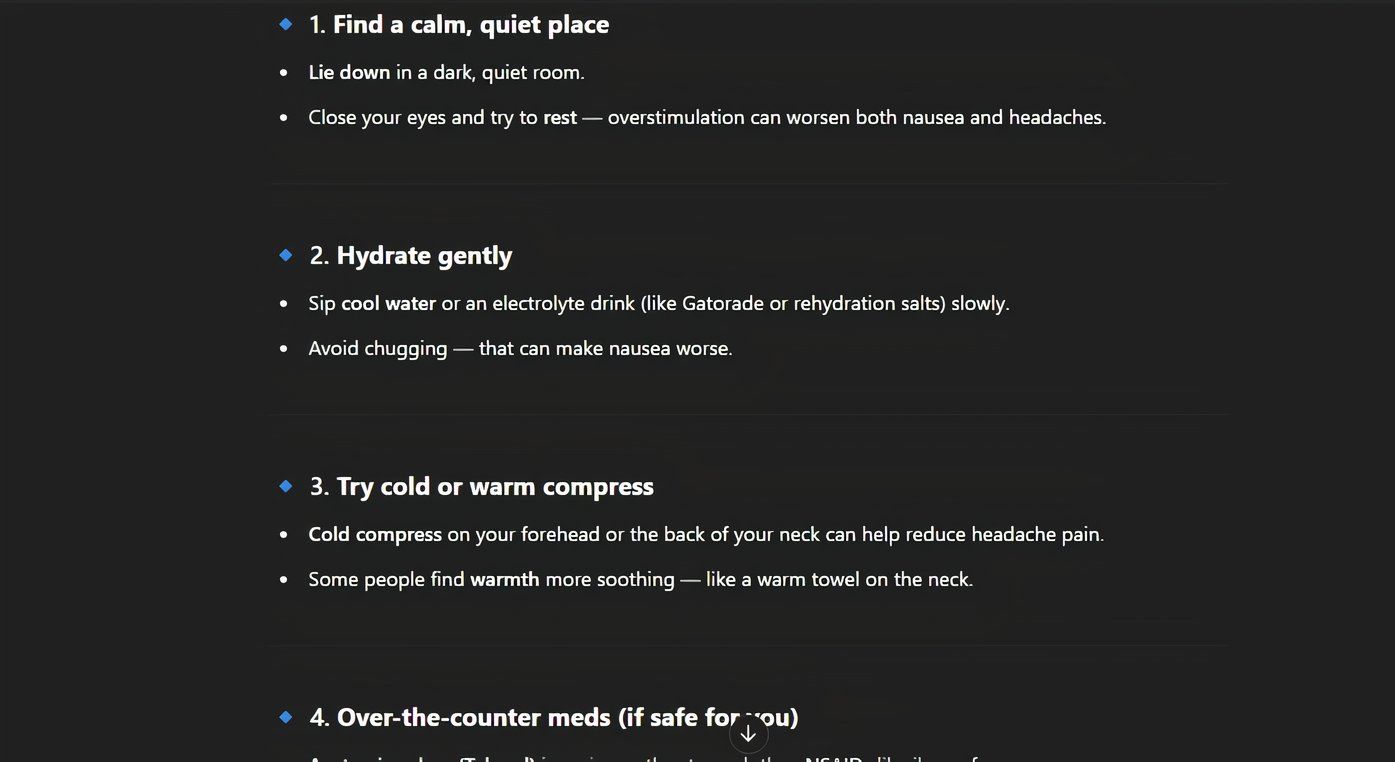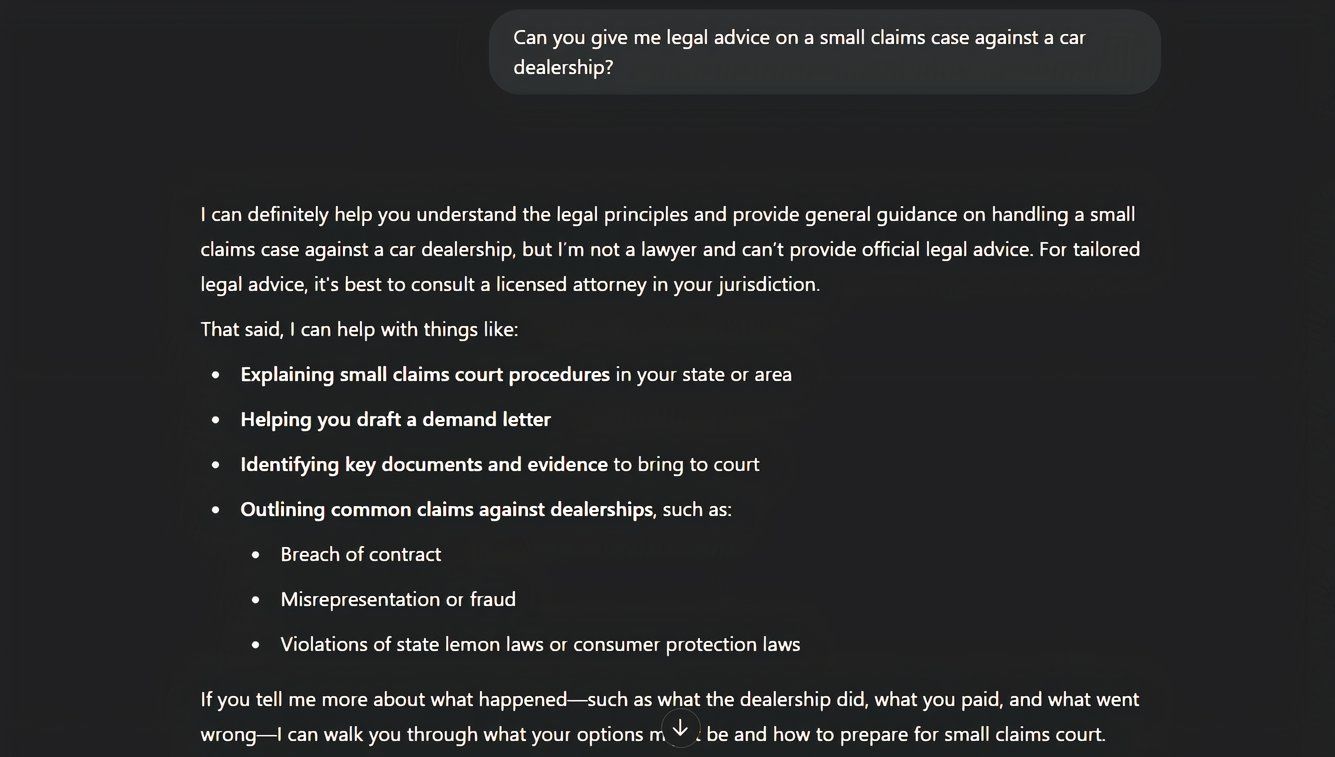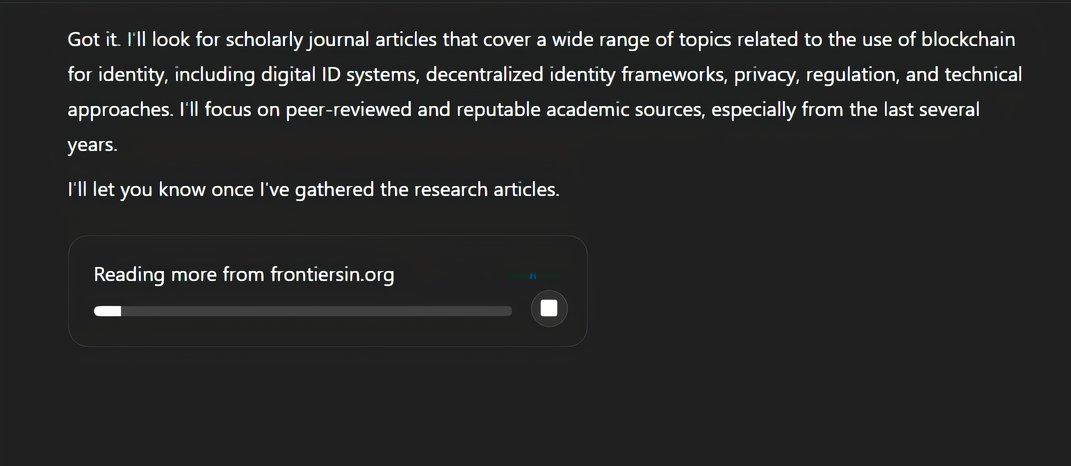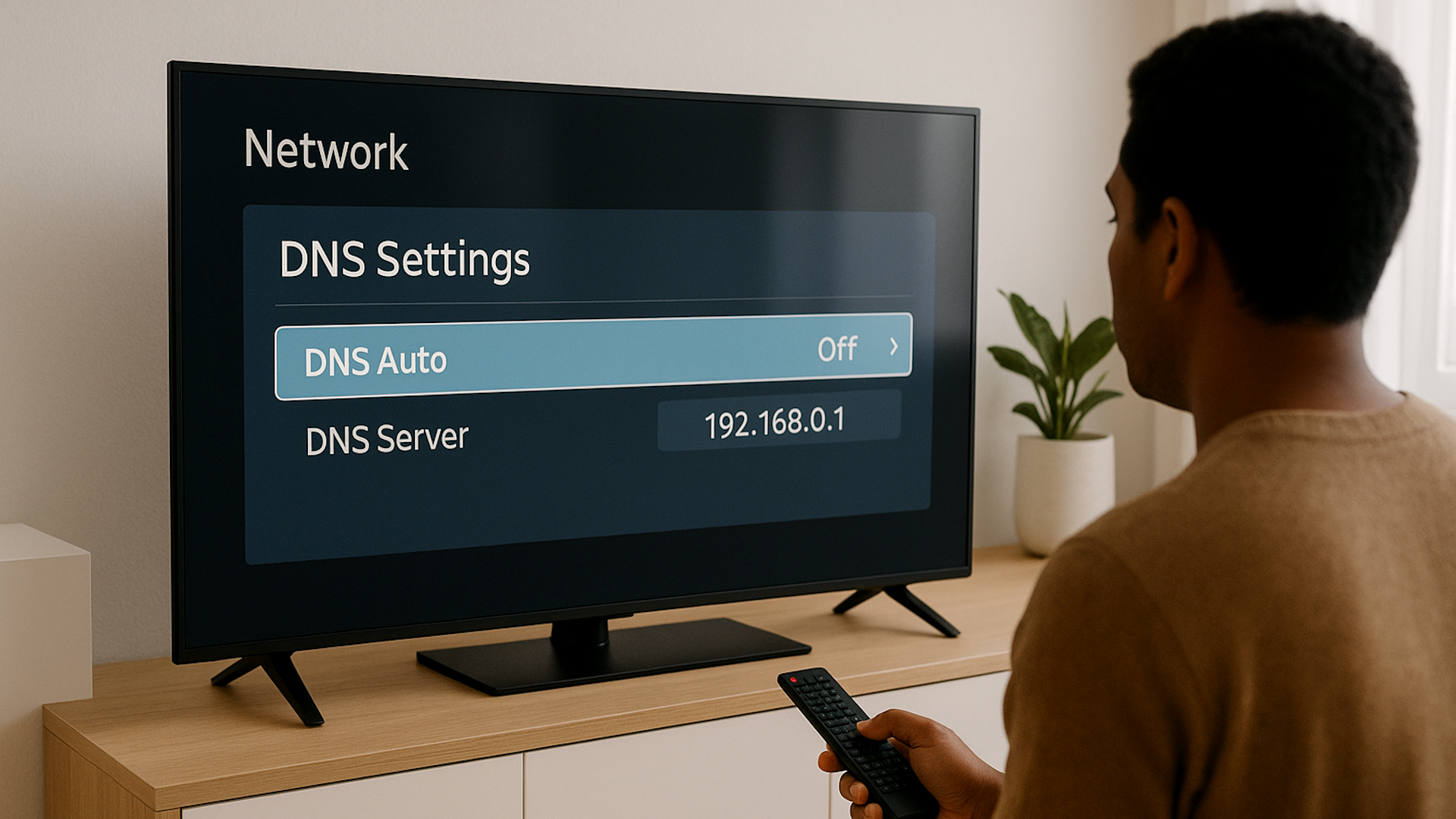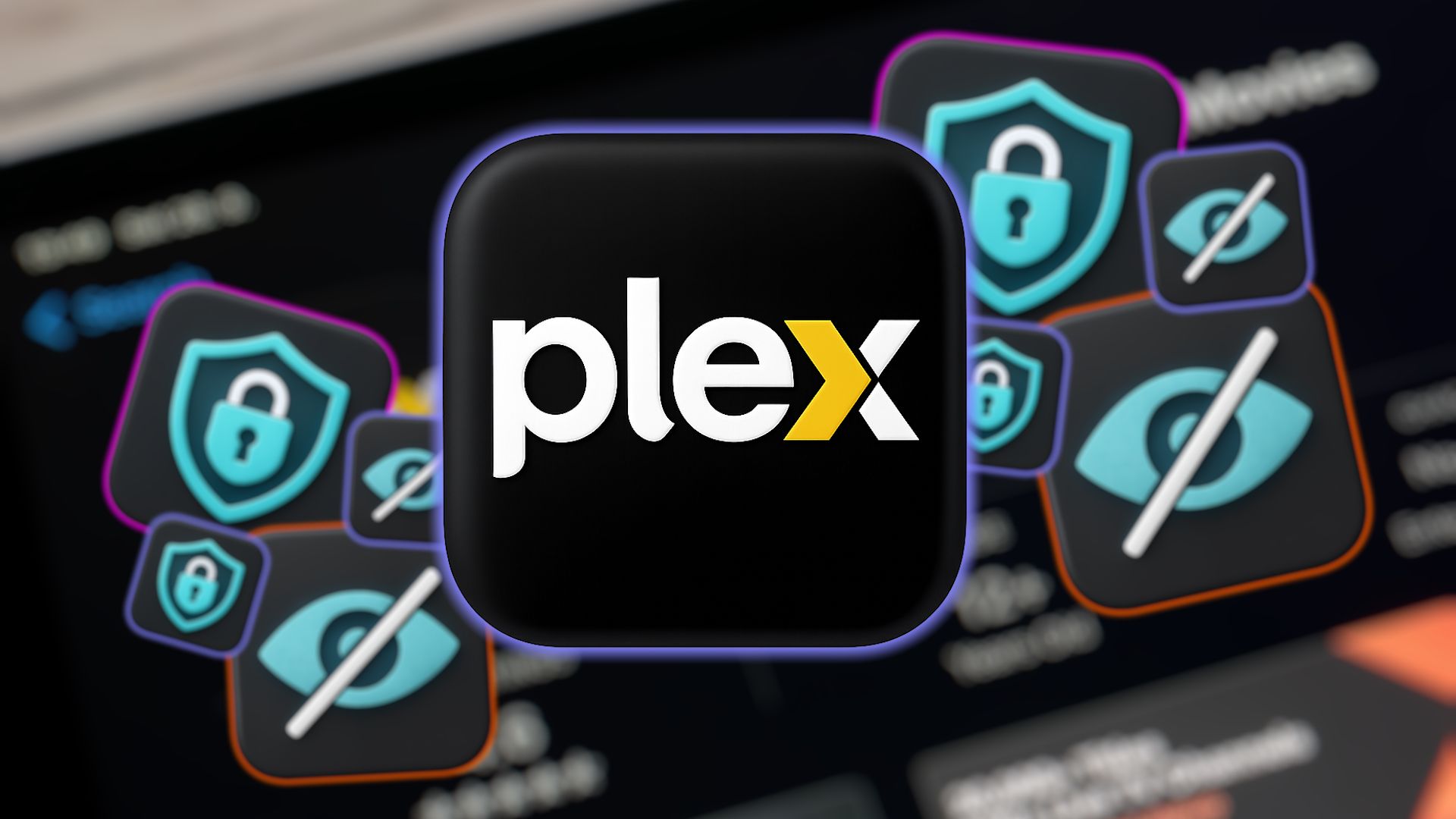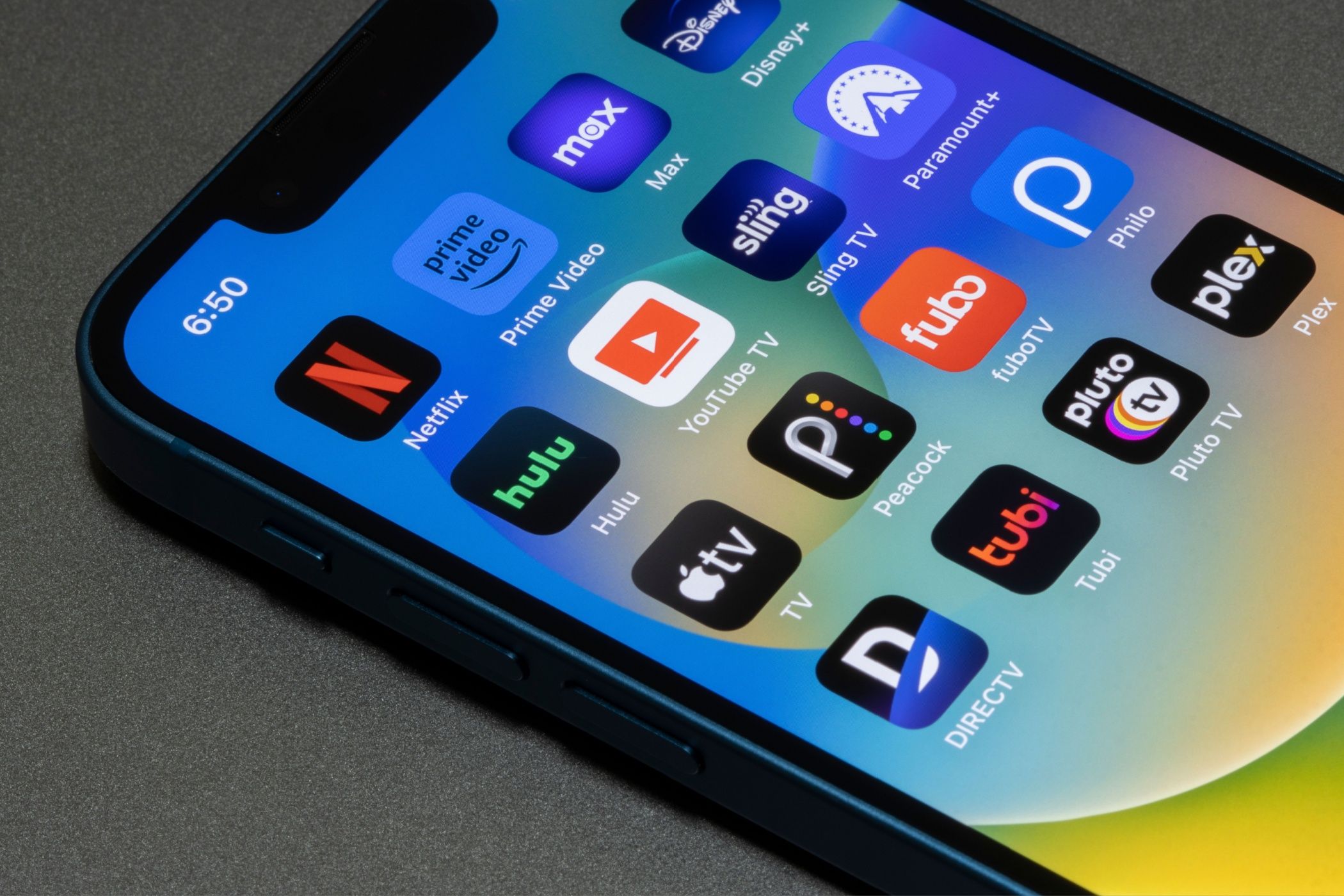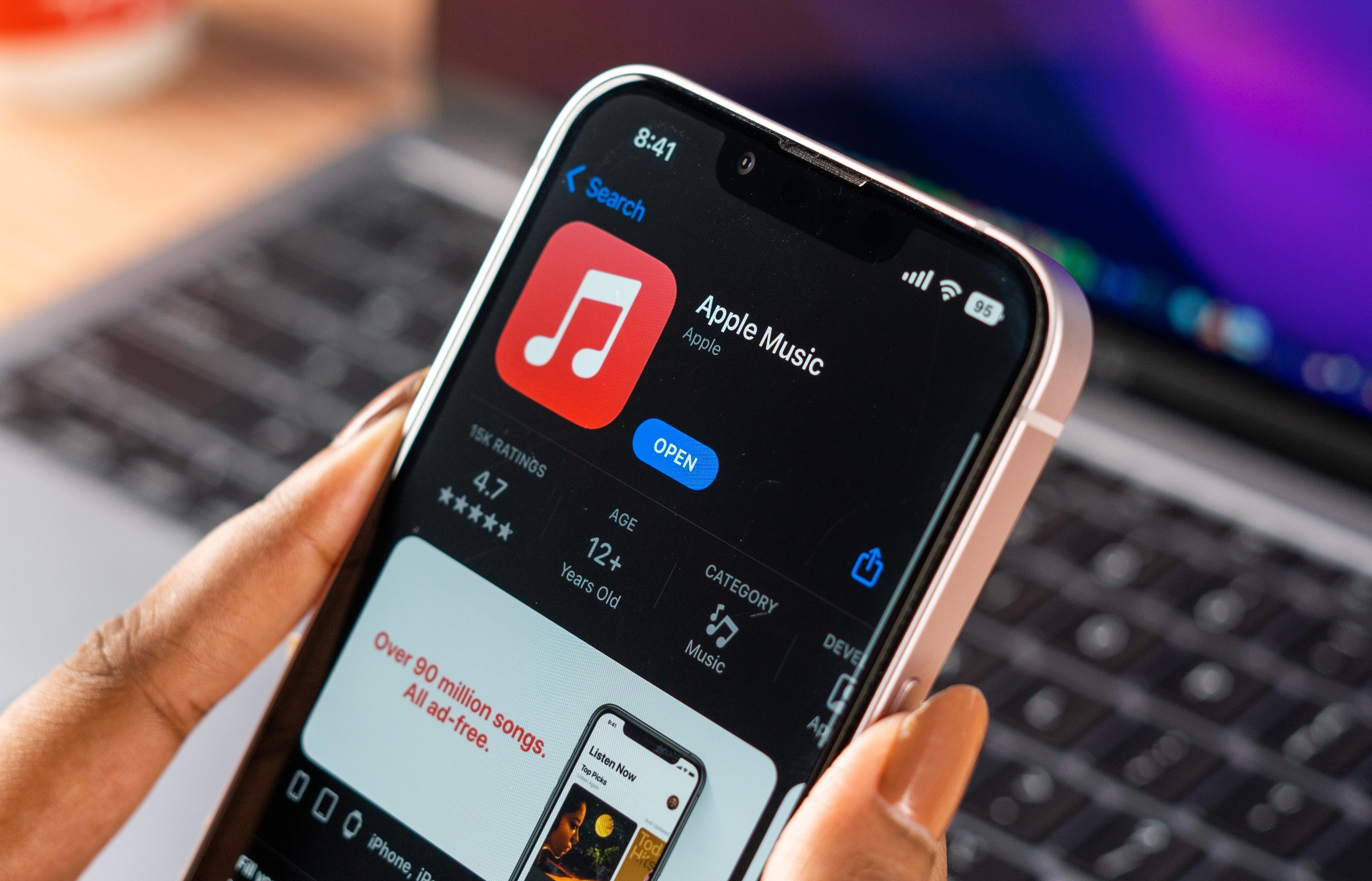ChatGPT seems to have all of the answers for any question you ask it, which makes it an easy go-to no matter the issue. However, despite its sophistication, ChatGPT still has limitations, and there are a few key areas where it shouldn’t be used.
6
Coding
Using ChatGPT for coding isn’t a far-out idea. People have been using AI chatbots to code since their inception, and there are also plenty of examples of cybercriminals using programs like ChatGPT to write malicious code. We’ve also seen a surge in “vibe coding,” where individuals use AI chatbots to code instead of hiring an experienced developer.
To be clear, ChatGPT can write code, and its coding abilities have improved over the years. ChatGPT can even use Python directly in the web or smartphone app. It can be a handy option for easy coding, like standard snippets or basic programs (like the counter program prompted below). If you’re an experienced developer, ChatGPT can be useful for generating quick code snippets or reviewing code you’re familiar with.
However, if you’re inexperienced with coding, proceed with caution. ChatGPT is known to write programs that either don’t run or run incorrectly due to coding errors. If you plan to use it for coding, ensure you have a reputable code-checking program ready to go, or review the code thoroughly yourself if it’s not too lengthy.
However, OpenAI’s Codex engineering agent (launched in May 2025) might make ChatGPT a more reliable coding tool. This addition to ChatGPT’s premium models is a multi-tasking, cloud-based coding tool designed to code for just about anyone, even if you’re unfamiliar with reading code. If you use a paid version of ChatGPT, ensure you run any Codex code through a separate review tool, as this is still a new piece of software in its early days.
If you only use the free version of ChatGPT, this tool isn’t available to you, so you should still consider other options. Don’t use ChatGPT to review the code it has already provided for you. If it’s made an error once, it can just as easily miss it in the review. Plenty of great AI coding tools are out there to help you out instead of risking it with ChatGPT.
5
Therapy
When it comes to your feelings and emotions, AI chatbots aren’t a good replacement for a human. Chatbots like ChatGPT sometimes offer advice about things like depression, loneliness, and so on when prompted, but they aren’t designed to handle complex emotional conversations.
It’s tempting to head to ChatGPT for quick emotional advice if you don’t have a loved one to talk to. After all, it’s a large language model (LLM) trained to mimic human interaction and equipped with huge amounts of data. But even with this, ChatGPT is not designed to replace human beings and their emotional understanding.
ChatGPT can be helpful for some advice on the lighter things, like procrastination issues. It’s a good tool for quick tips on daily challenges. But if you’re looking for talking therapy, it’s best to stick to real people and real professionals.
4
Medical Advice
The old joke of Googling a headache and the first result saying you have a month to live can also apply to AI programs like ChatGPT. ChatGPT is nowhere near the point of replacing a medical professional. Not just because it doesn’t have the same training as a real doctor, but because it can’t assess any of your physical symptoms.
Going to the doctor can be frustrating, and few enjoy it. But if you have a health concern, don’t rely on ChatGPT to advise or diagnose you. It should tell you it can’t diagnose you or that you should see a professional, but it will continue to provide suggestions. Remember, programs like this use pre-existing information; it is sourced from the internet—they can’t form original and well-educated opinions on your own health.
3
Legal Advice
Legal systems and proceedings can be very complex and subjective, so using an AI chatbot as your data source or tips can do you more harm than good. Unless you’re looking for basic information, you should consider talking to a lawyer, legal professional, or legal academic.
Luckily, ChatGPT’s developers know this, so you’ll often get a disclaimer after a legal prompt. If you use ChatGPT for basic legal information, double-check it elsewhere to ensure it hasn’t provided anything untrue.
2
In-Depth Research
The term “research” ranges from a few Google inputs to months of in-depth investigation. ChatGPT can be used for one part of this spectrum, but shouldn’t be used for the other. It’s one thing to use the program to answer a quick question, and another to use it to write a report or essay.
If you’re conducting some light research that doesn’t require citation, you can use ChatGPT. However, it’s always best to double-check any information it provides elsewhere. It’s not uncommon for ChatGPT to provide incorrect information or hallucinate in its answers, so keep this in mind. For more accuracy, you can try using ChatGPT’s Deep Research tool. Launched in February 2025, it is designed for longer and more in-depth research jobs.
It can be great for collecting resources and finding useful excerpts in research papers, journals, etc. According to OpenAI, Deep Research can “report at the level of a research analyst”. But it’s still important to double-check any source, quote, or statistic ChatGPT gives you, even when using its Deep Research tool. Errors can still happen with AI chatbots, so don’t run the risk of believing everything ChatGPT generates. Regardless of your research, always check the data elsewhere before using it.
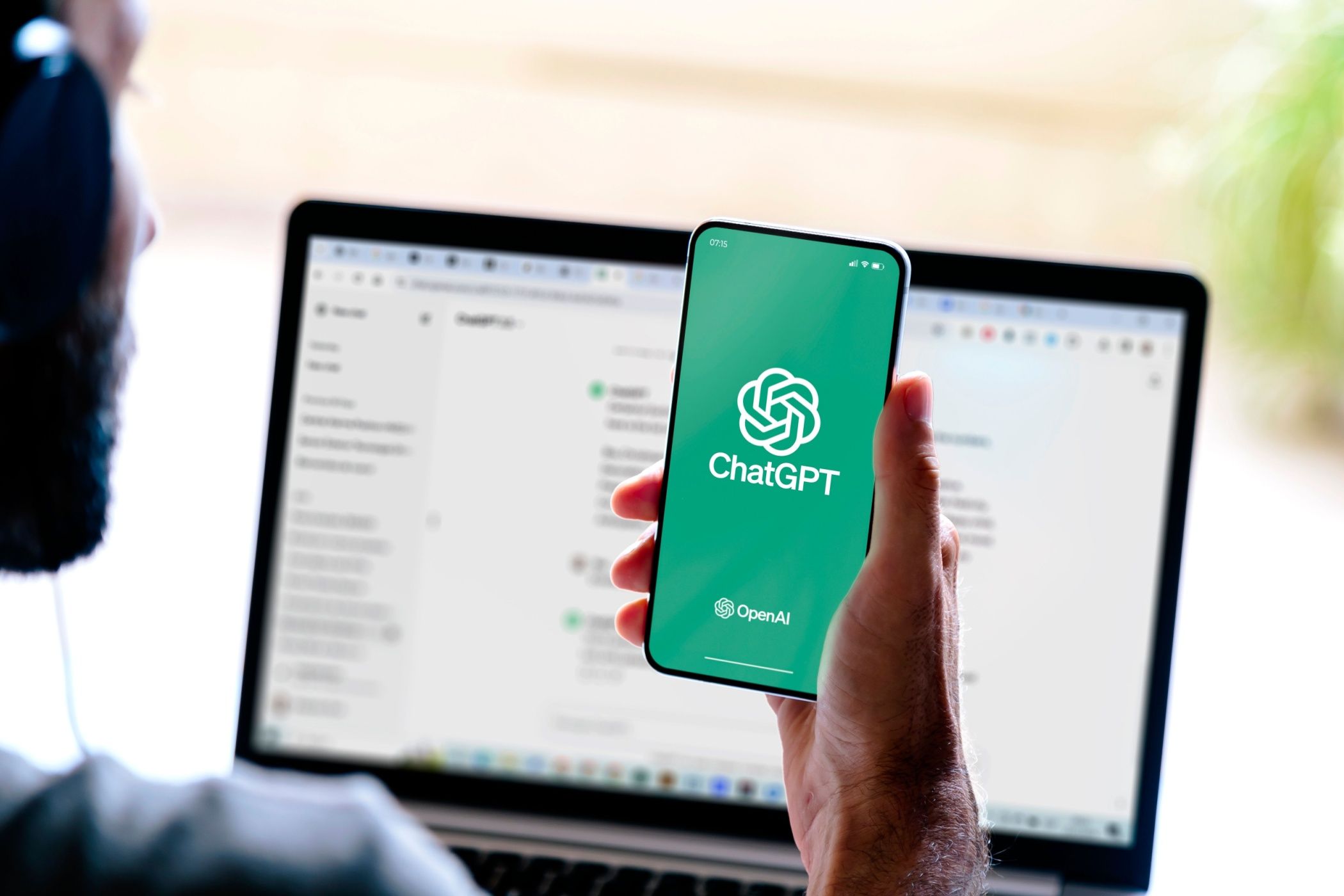
Related
8 Ways I Use ChatGPT’s Deep Research Tool
Discover some of the best ways to use ChatGPT’s Deep Research tool and elevate how you learn.
1
Financial Predictions
Whether it’s next year’s interest rates, a stock’s future price, or a cryptocurrency’s downfall, you shouldn’t use ChatGPT for financial predictions. As the popularity of personal investments has grown, financial predictions have become quite a hot topic in economics. There’s no shortage of financial predictions online, from financial experts to hobbyist bloggers.
And, with its seemingly endless knowledge, ChatGPT must be able to make solid financial predictions, right? Not really. If you ask ChatGPT to predict a stock’s future, it’s not using its current data to make well-thought-out predictions on its own. Instead, it simply sources from webpages and tells you what it finds. There is no real difference between this and simply reading an economist’s predictions.
However, ChatGPT can also make mistakes and provide incorrect information without realizing it. Financial predictions are based on conjecture, but using a chatbot as a go-between to get that information can spell trouble. For instance, if ChatGPT sources its data from an unreliable webpage, you might be given a financial prediction without professional backing. This could lead to you making a financial move based on baseless information.
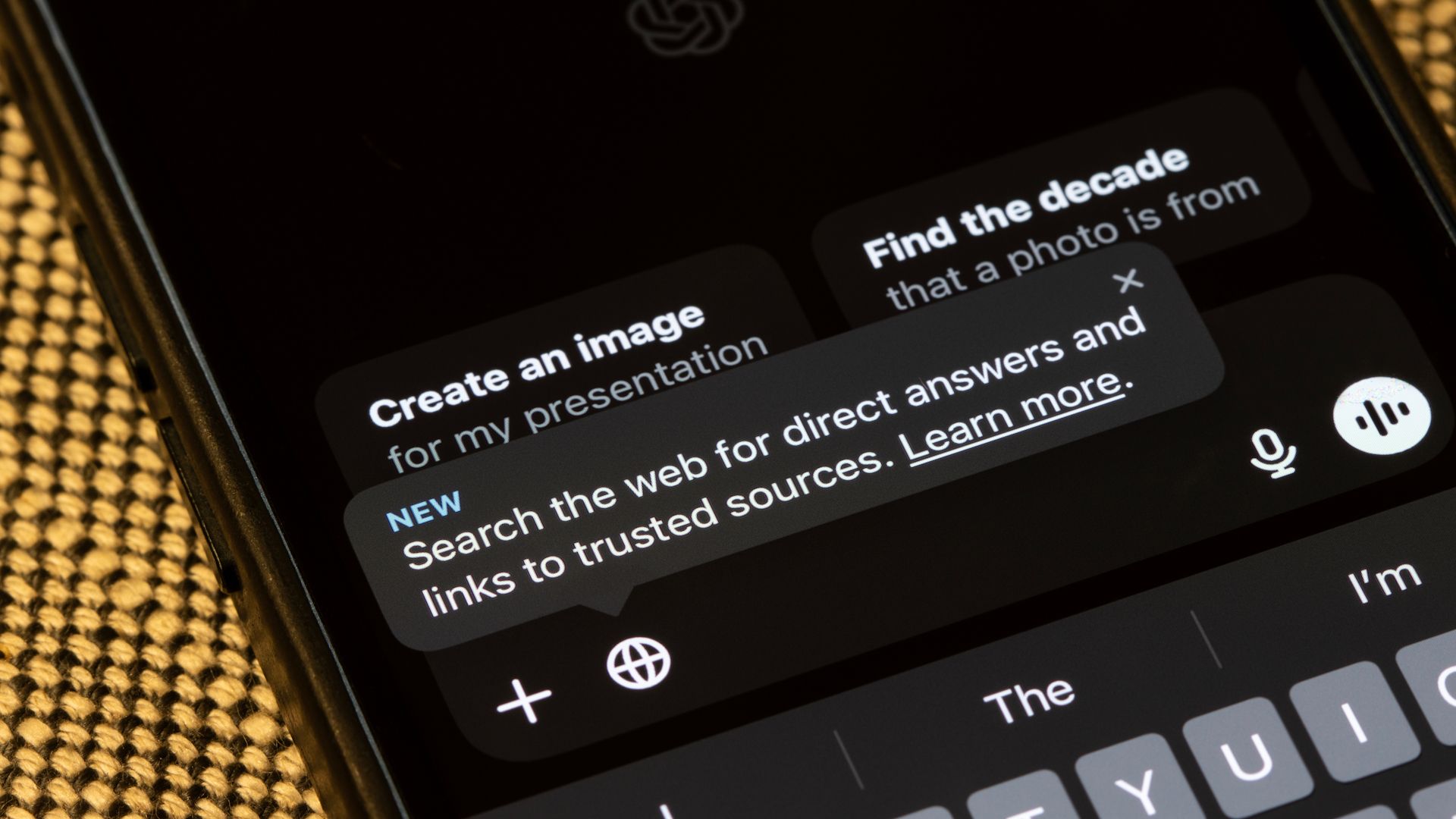
Related
How to Use ChatGPT Search Like a Pro
ChatGPT Search is useful, but you can make it even better with a few advanced search techniques.
ChatGPT is one of the best AI chatbots, with hundreds of millions of users worldwide. It’s helpful for basic research, but thoroughly vet anything it tells you if you’re considering making an investment based on its answers. Although ChatGPT has its downsides and limitations, it has proven to be hugely useful in many ways. Light research, quick math, idea generation, and planning are all fantastic ways to use this tool. Remember that it’s not perfect, and isn’t yet advanced enough to be a universal solution to everything.

